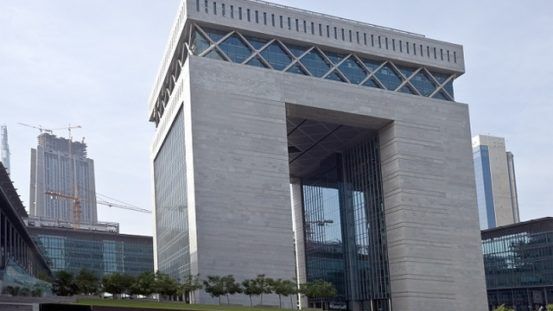The Dubai International Financial Centre (DIFC) has enacted new Anti-Money Laundering rules which come into force on 29 October 2018, that will tighten the regulations around the activities of non-financial operators such as lawyers and accountants.
The new rules require all non-financial businesses operating from the DIFC to be registered with the Dubai Financial Services Authority (DFSA), and then allow the regulator to suspend or withdraw the registration if they are found in breach of AML and counter-terrorist financing (CLF) regulations.
The changes follow a review by the DIFC of how well its rules are aligned with the upcoming UAE Financial Action Task Force (FATF) Mutual Evaluation in 2019.
Transparency improvements
The non-financial businesses or professions will in future also have to provide the DFSA with details on the identity of their Money Laundering Reporting officer, their senior management and any beneficial ownership information.
Non-financial businesses operating from the DIFC affected by the new rules would principally be legal firms and accountancy practices, but also consultancy services, commercial representative offices, corporate service providers and financial analysis firms.
The new rule changes will also strengthen the DFSA’s regulations surrounding how all firms carry out customer due diligence to ensure closer alignment with FATF Recommendations.
Regulation upgrade
Bryan Stirewalt, chief executive officer of the DFSA welcomed the changes and said they were an important step towards enhancing the AML and CTF regime.
“We see these as appropriate changes to support the growth of the DIFC, to continue to position it as the financial hub of choice for international firms in the region, and to contribute to the UAE’s upcoming FATF Mutual Evaluation that is due in 2019.
The DFSA’s work on AML will continue, to ensure our approach is in line with best international practice. We expect that there will be further enhancements to our regime as the UAE completes its preparation for the Mutual Evaluation,” he said.
– This article first appeared on ESG Clarity‘s sister site International Adviser.








